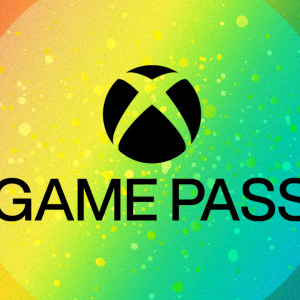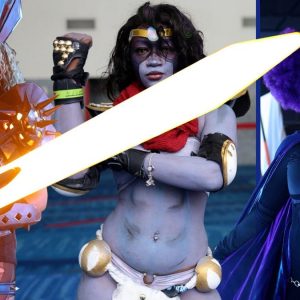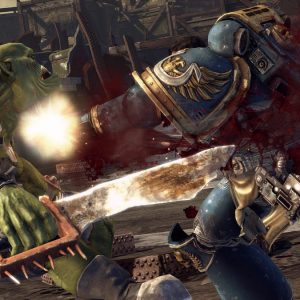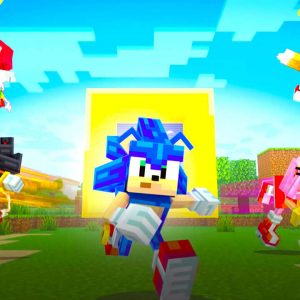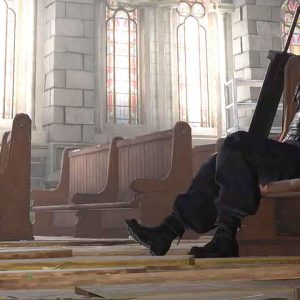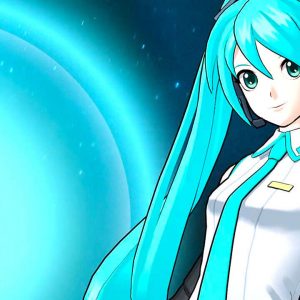In an open letter published on Friday, Unity’s president and general manager Marc Whitten apologized for the controversial changes announced on September 12 and announced that it was walking back some of the worst changes, including charging install fees for previously published games.
The controversial changes were revealed in a blog post on the company’s website earlier this month. Unity—a popular cross-platform game engine that powers titles like Hollow Knight and Pokémon Go—announced that a new Runtime Fee would take effect on January 1, 2024. The controversial fee, which many indie devs pushed back on, is calculated using game installs after a game crosses a certain revenue and installation threshold. At the time, Unity said the Runtime Fee would be applied retroactively to games that meet the revenue and install thresholds. But those plans have changed.
Whitten’s open letter starts with an apology and then the president continues, admitting that Unity should have probably, you know, talked to all the developers out there using their engine before announcing such massive changes.
“We should have spoken with more of you and we should have incorporated more of your feedback before announcing our new Runtime Fee policy,” said Whitten.
Then Whitten laid out new changes, which I assume Unity is hoping receive a better reaction this time around.
The new changes Unity is making following the backlash
First up, Unity confirmed its Personal plan will remain free. It also said that it now has no plans to charge the controversial Runtime Fee on games built with Unity Personal. It also is increasing how much revenue devs can make on games made using this free version of the engine. The old limit was $100,000 and the new limit is now $200,000. Whitten also said Unity is removing the requirement to have a “Made With Unity” splash screen appear when players boot up the game.
Unity also says no game with less than $1 million in trailing 12-month revenue will be subject to the runtime fee.
Next, the letter announces that the fee will only apply to software developed using the next LTS version of Unity, which ships in 2024.
“Your games that are currently shipped and the projects you are currently working on will not be included – unless you choose to upgrade them to this new version of Unity,” explained Whitten.
Unity also promises that developers will be able to stay on the terms that apply to their version of the Unity engine as long as devs don’t upgrade.
Runtime fees aren’t going away, though
However, Unity isn’t removing the runtime fee or reversing its plans completely and the last part of the open letter confirms this, with the company president referencing the runtime fee and explaining that developers will now have a choice.
“For games that are subject to the runtime fee, we are giving you a choice of either a 2.5% revenue share or the calculated amount based on the number of new people engaging with your game each month,” said Whitten.
Unity says both of these numbers are “self-reported” from data developers already have access to and that studios will “always” be billed for the lesser amount.
“We want to continue to build the best engine for creators. We truly love this industry and you are the reason why. Thank you for caring as deeply as you do, and thank you for giving us hard feedback,” concluded Whitten in the letter.
Developers react to the new (new) changes
Some of the first responses from devs were cautiously optimistic and mostly positive. Developer Rami Ismail posted on X, in response to the open letter, “You know what, on first glance, I think this works?”
“It’s effectively a 2.5% revenue share for $1M+p/y earners? No retroactivity left, LTS stability, no black-box data, yeah? I think that works for every use-case,” said Ismail.
“This is looking reasonable,” posted game developer Dan Goodayle, “Though they’ve got a lot of work to do to repair the trust. Nothing stopping them from U-turning in another week.”
“Very happy that Unity removed the retroactivity of their new fees,” said Juan Linietsky, the creator of the Godot engine. “I happy for anyone moving to Godot but, as I said before, at their own pace and will. Doing it forced by a stressful situation can never be a good experience.”
Of course, none of this would be happening right now, and Unity wouldn’t have to be putting out all these fires, if it hadn’t created this massive shitshow in the first place with the original announcement of the runtime fee.
So while initial reactions to the open letter and its changes are somewhat positive, especially compared to the feedback Unity received from devs last time they announced changes, it doesn’t change that many feel like they can’t trust the company anymore. Partially fixing a problem you created isn’t a great way to win people back.

